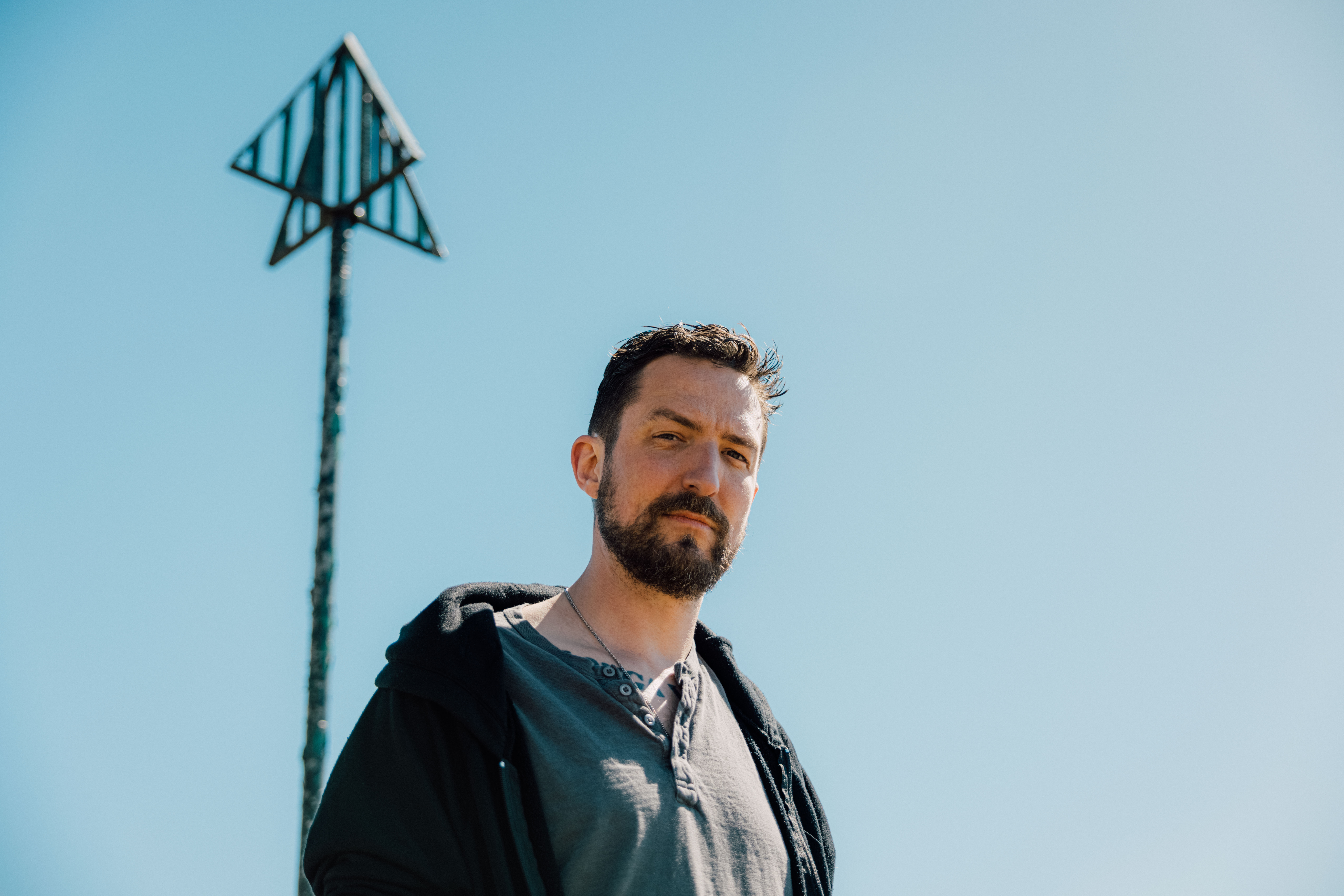
It’s popular for artists to say these days that they don’t care about genre, but Frank Turner really doesn’t care about genre. We’re not talking about going from indie to alternative or something here, but a punk rocker (who’s often bridged the gap between folk, punk, and other forms of Englishman-with-an-acoustic-guitar) releasing an electro-pop album followed by a “history podcast” album. Yes, his most recent album in the “before times” of 2019, No Man’s Land, is based around famous women throughout history who had to battle against gender norms (“You can imagine how stoked my record label was about that one”).
But now, the man who’s used a logo reading FTHC for years is finally releasing probably the closest thing to an actual hardcore album he’ll ever do under his own name — aptly titled FTHC, It’s not exactly the punk rock romp you’d get from his side project, Möngöl Hörde (which Turner says is coming back soon in one form or another, possibly with a different name), but it certainly leans more toward the punk side of things rather than the folky and poppy sounds Turner has experimented with in the past.
Ahead of the release of FTHC (out February 11 via Xtra Mile) SPIN sat down on a Zoom video call with the hoodie-clad veteran songwriter about his latest work and his decade-and-a-half in the industry.
[embedded content][embedded content]
SPIN: It’s been almost three years since you released your last album — which is a lengthy layoff for you — so what should people expect from FTHC?
Frank Turner: Well, this is my ninth record — which is a ridiculous thing to say out loud — and every time I get to this point in the [album] cycle, I say “I think it’s the best work that I’ve made.” The thing is, I’m aware that that’s what I say every time. If I wasn’t saying that, I should still be working on it right now in the studio. It feels like a pretty confident statement to me. Anyway, the expression “back to your roots” is overused and a cliche, and it’s also not strictly true in this instance because my early records don’t sound like this. But this one is more back to the roots of my tastes in music. For years, I’ve made music that is arguably “punk rock with an adjective qualifier,” and I felt like ditching the qualifier this time. I was going to allow my musical first instincts free rein rather than trying to swerve my first impressions.
Since you kind of walk the line between the punk and singer-songwriter worlds, did it feel different to make a “more” punk rock album this time around?
You know, the title FTHC has been floating around in my mind for a while, and I’ve used the “FTHC” logo for years. I’m sure many Americans know what it refers to, unlike quite a lot of people. They think it stands for “haute couture,” because I keep telling them that when it’s on a t-shirt. There was a moment in time when I thought maybe I should actually just do a full bore hardcore punk record, but that suddenly felt a little bit too predetermined. I prefer to let my songs arrive in a manner of their own choosing. I think we can say that the needle is further to the left of the dial than it usually is for me, but there’s an array of stuff in there.
How does it affect you as a songwriter to be able to kind of dabble in whatever genre or style you’re feeling for a particular song?
Well, it’s quite a liberating thing, and I think it’s helped me to survive this long. To be blunt, not that many people get to make a ninth record — and there’s certainly no cliches about “the difficult ninth album” that I have to negotiate. It’s not like, “Oh, the classic ninth!” other than Beethoven. But there’s also liberation in the fact that it’s my name on the records, not a band name. If you were a particular kind of furious, anal, male, metal fa — and I say male advisedly — you could make the argument that if a band like Metallica changed their sound so radically, that perhaps they should use a different band name. But for me, it’s my fucking name, gentlemen. It’s me playing the guitar, singing and writing it. What are you going to fucking do about that? I used to write certain songs and then file them away in my brain in the side project file, but now I’m like “Fucking why? I can do this myself. I know how to do it.” It’s fun to be that open stylistically and to just enjoy it.
Your debut album, Sleep is for the Week, just turned 15 years old last month. Nine albums into your career, how does it feel to look back on that?
You know, one of the more boring questions I get asked in interviews much worse than this is “What’s your proudest achievement as a musician?” and I always answer that question with “That I’m still fucking here, gentlemen.” I’ve had slings and arrows thrown my way, but I’ve also had much good fortune. As for the anniversary of the record, my debut album has its first job. It’s doing a paper route. It’s sneaking drinks out of the back of the grocery store. I did an interview just the other day with a student newspaper, and the interviewers began by telling me that they were 4 years old when it was released. I was like “Why do you fucking know who I am, gentlemen? Why do you give a fuck? But also, how very lovely that you did.”
It’s a strange thing. I operate quite consciously with a degree of insecurity — I think partly because my character tends in that way. I’ve spent a lot of my life thinking that any minute now, there’s gonna be a knock on the door from the reality police telling me that there’s been a gross error and that all of this was supposed to happen to somebody else. I started out with lots of musicians who are just as talented but didn’t get to do this. There’s a degree of chance and luck involved, and I’m very aware of that. But I also think it’s not a terrible discipline to have a splinter of insecurity in your character, because the alternative seems slightly gross to me.
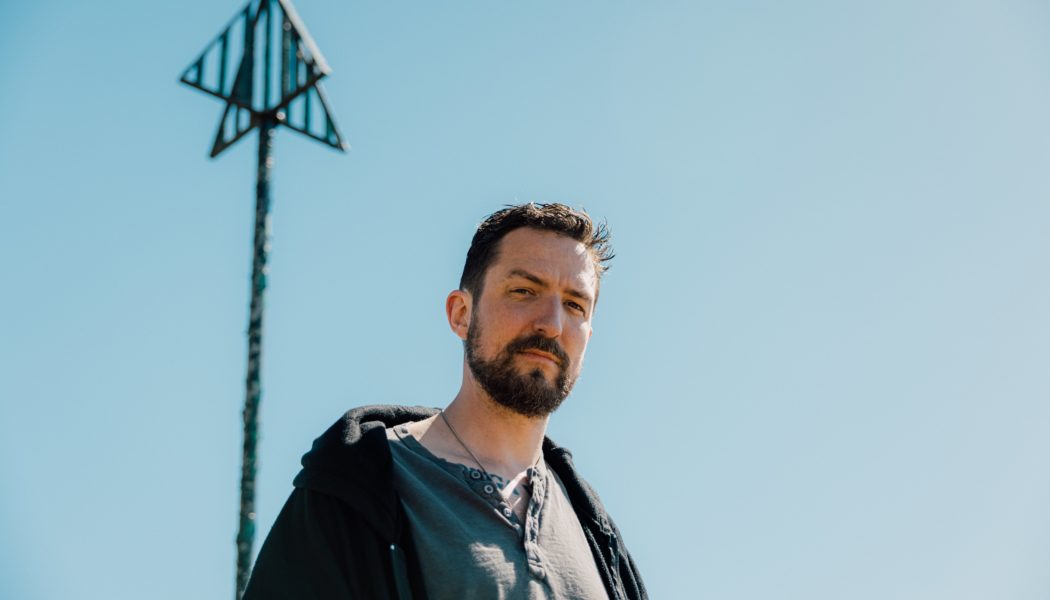

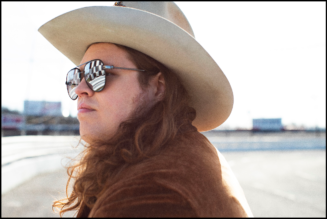


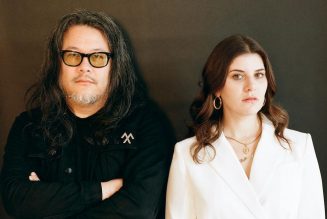

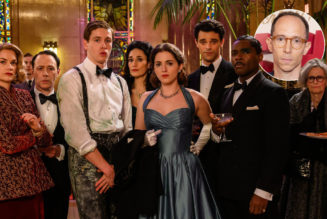
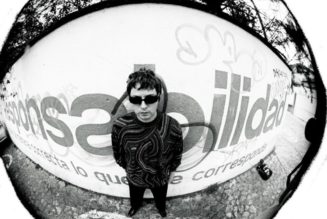
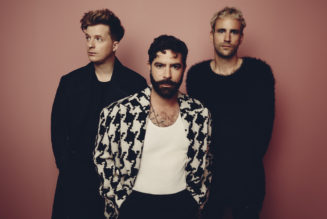

Tagged: frank turner, INTERVIEWS